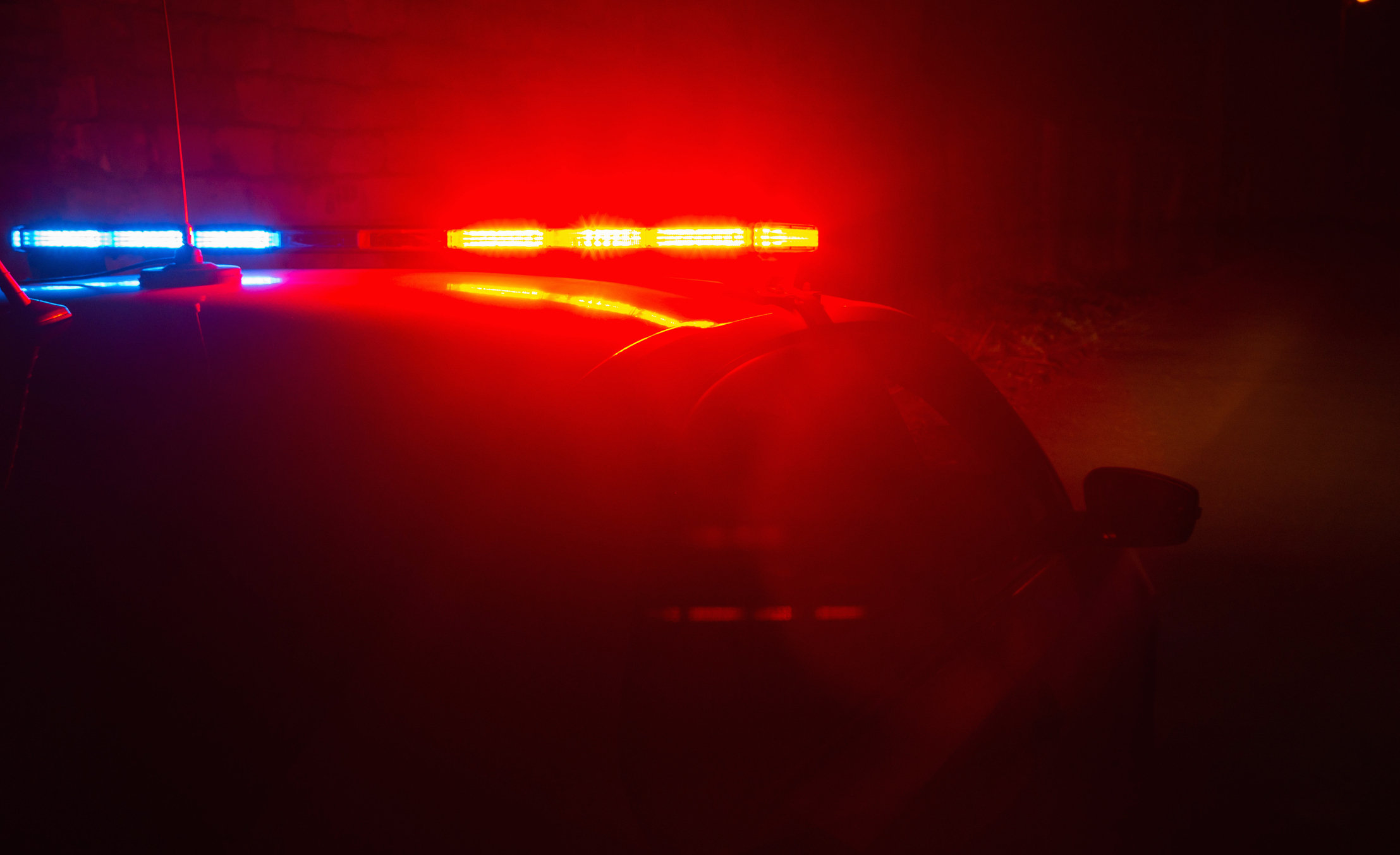
Pennsylvania has a serious DUI problem.
Research conducted by the National Highway Traffic Safety Administration (NHTSA) found that from 2008-2010, 69% of people arrested for drunk driving in Pennsylvania were repeat offenders.
That’s far more than the national weighted mean of 30 percent.
Whether it was your first or fourth arrest, you need a Pennsylvania DUI attorney who has experience dealing with prosecutors and legal dexterity to effectively argue for the dismissal or reduction of charges against you.
If you were arrested for DUI in Pennsylvania, put your case in the hands of a trusted, experienced, and capable attorney, Mr. Steven Kellis. Call (215) 940-1200 to schedule your initial consultation.
The Difference Between a DUI and a DWI
The legal charge for driving under the influence has different names in different states. In some states, the offense is called an OWI (operating while intoxicated), and in others, it’s referred to as DWI (driving while intoxicated). In Pennsylvania, the correct term for this charge is DUI.
DUI stands for driving under the influence, and the charge pertains to being under the influence of alcohol or another drug while operating a motor vehicle.
The standards for DUI are nearly identical across all states. If a person’s blood alcohol concentration (BAC) is .08% or higher, that individual may be charged with a DUI. Again, in other states, the name of the charge may be different, and potential consequences will vary.
Prior to 2003, Pennsylvania’s legal drinking limit was .10%, but the passing of Act 24 lowered the limit to .08 percent.
Pennsylvania follows three levels of DUI, a “tiered” approach to enforcing DUI law. Each tier is ranked according to the alleged BAC level, and penalties increase in severity as you proceed between tiers.
Penalties for General Impairment (defined as .08 to .099% BAC)
First Offense
- Ungraded misdemeanor
- Up to six months of probation
- $300 fine
- Attendance in alcohol highway safety school
- Treatment when ordered
Second Offense
- Ungraded misdemeanor
- 12-month license suspension
- Five days to six months jail time
- $300 to $2,500 fine
- Attendance in alcohol highway safety school
- Treatment when ordered
- One year with an ignition interlock device (IID)
Third or Subsequent Offense
- 2nd-degree misdemeanor
- 12-month license suspension
- 10 days to two years in prison
- $500 to $5,000 fine
- Treatment when ordered
- One year with an ignition interlock device (IID).
Penalties for High BAC (defined as .10 to .159% BAC)
First Offense
- Ungraded misdemeanor
- 12-month license suspension
- 48 hours to six months in prison
- $500 to $5,000 fine
- Attendance in alcohol highway safety school
- Treatment when ordered
Second Offense
- Ungraded misdemeanor
- 12-month suspension
- 30 days to six months in prison
- $750 to $5,000 fine
- Attendance in alcohol highway safety school
- Treatment when ordered
- One year with an ignition interlock device (IID)
Third Offense
- 1st-degree misdemeanor
- 18-month license suspension
- 90 days to five years in prison
- $1,500 to $10,000 fine
- Treatment when ordered
- One year with an ignition interlock device (IID)
Fourth or Subsequent Offense
- 1st-degree misdemeanor
- 18-month license suspension
- One to five years in prison
- $1,500 to $10,000 fine
- Treatment when ordered
- One year with an ignition interlock device (IID).
Penalties for Highest BAC (defined as .16% or higher BAC) or Controlled Substance
First Offense
- Ungraded misdemeanor
- 12-month license suspension
- 72 hours to six months in prison
- $1,000 to $5,000 fine
- Attendance in alcohol highway safety school
- Treatment when ordered
Second Offense
- 1st-degree misdemeanor
- 18-month license suspension
- 90 days to five years in prison
- $1,500 to $10,00 fine
- Attendance in alcohol highway safety school
- Treatment when ordered
- One year with an ignition interlock device (IID)
Third or Subsequent Offense
- 1st-degree misdemeanor
- 18-month license suspension
- One to five years in prison
- $2,500 to $10,000 fine
- Treatment when ordered
- One year with an ignition interlock device (IID)
The upper tiers are sometimes referred to as middle and high, even though they are legally referred to as “high” BAC and “highest” BAC.
Other Pennsylvania laws may be surprising to first-time offenders or underage drivers. One of these laws is the so-called Zero Tolerance Law. This is a law that introduces serious consequences for those under the legal drinking age of 21 who drive with any measurable amount of alcohol in their blood.
When Pennsylvania changed its DUI laws in 2004, it also reduced the BAC from .08% to .02% for minors.
Drug Impairment and DUI
In Pennsylvania, a person can be charged with DUI for driving, operating, or being in actual physical control of the movement of a vehicle under the following circumstances:
- The individual drives with any amount of a Schedule I controlled substance in their blood
- The individual drives with a metabolite of a Schedule I substance in their blood
- The individual drives with any amount of a Schedule II or Schedule III controlled substance that has not been medically prescribed
- The individual drives with a metabolite of a Schedule II or Schedule III substance in their blood
- The individual is under the influence of a drug or combination of drugs to a degree that impairs their ability to drive, operate, or be in actual physical control of the movement of the vehicle
- The individual is under the influence of alcohol and a drug or combination of drugs to a degree that impairs their ability to drive, operate, or be in actual physical control of the movement of the vehicle
- The individual is driving while under the influence of a solvent or noxious substance.
Some consequences are the same for individuals charged with driving under the influence of alcohol and those driving under the influence of drugs, but the arresting procedures may be different.
For example, with suspected drunk driving, an arresting officer can request a chemical breath test of the suspected individual. If the person refuses the breath test, they may face additional consequences.
There is no corresponding breath test for impairment due to marijuana, heroin, cocaine, crack, meth, or other drugs. In many instances, a blood test is the only definitive option.
Understanding DUI/DWI Charges
Whether you have been charged with a first-time DUI offense or a second or subsequent offense, there are many nuances to Pennsylvania DUI law that can make your case difficult. In addition to the three tiers of charges, there are minimum sentencing standards and sentencing guidelines the court is required to follow.
In addition to the DUI charges, the driver’s license implications are handled as a separate matter through the Pennsylvania Department of Transportation.
When someone is charged with a misdemeanor or felony, it is important that he or she is an active participant in the defense of those charges. Understanding the DUI charges is often the first step.
Contact us to set up a free consultation with Steven Kellis, a Pennsylvania DUI attorney who will fight on your behalf.
